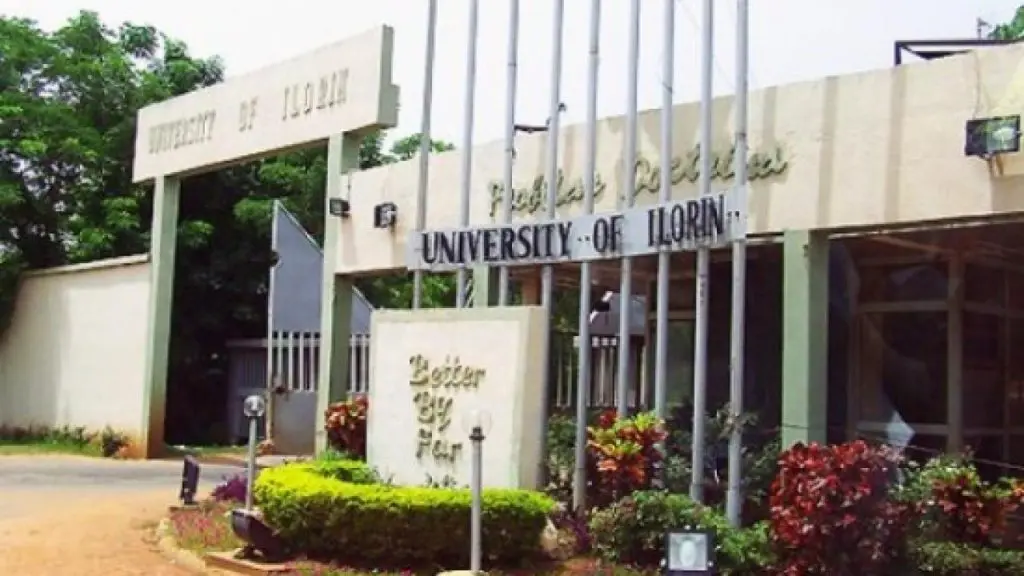Professor Abdulazeez Lawal, a lecturers in the Department of Agricultural Economics and Farm Management, University of Ilorin, UNILORIN, has submitted that the removal of fuel subsidy and floating of the exchange rate has made it difficult for many Nigerians to access food items.
Lawal stated this in a presentation at the 244th UNILORIN Inaugural Lecture, entitled: ‘Making Ends Meet With Food Security’.
He quoted the Nigeria Bureau of Statistics, NBS, as revealing that the consumer price index rose from 22.22 per cent to 24.41 per cent between April and May 2023.
“Food inflation rate rose from 24.61 per cent in April to 24.82 per cent in May 2023. When compared to, on a year-on-year basis, this was 5.33 per cent point higher than 19.5 per cent recorded in May, 2022,” he said.
The don, who teaches in the Faculty of Agriculture of UNILORIN, observed that an estimated 17 million people were at risk of food insecurity in October 2022.
He stated that unless urgent actions are taken to address the continuing rise in food prices, Nigeria would remain among the countries facing acute food insecurity.
Lawal postulated that one of the vital components of the food system globally is agriculture and it is also the most important economic sector with a high level socio-economic relevance for many countries.
This, he said, is with respect to employment generation, nutrition and rural development.
“In view of this, agriculture appears to be the only realistic driver of economic and social development in many countries in the near future







